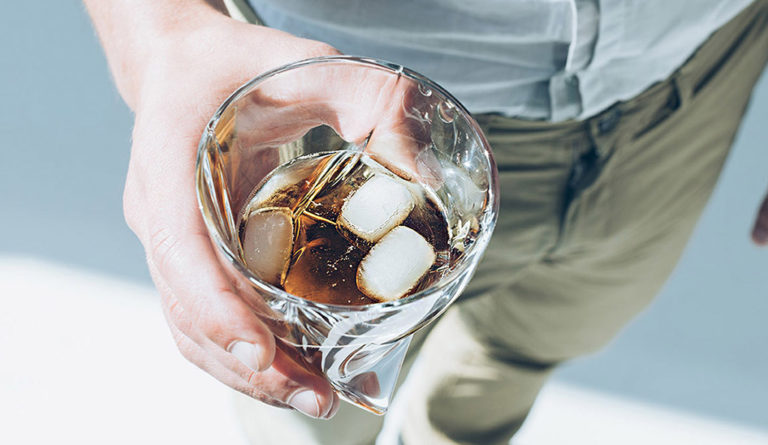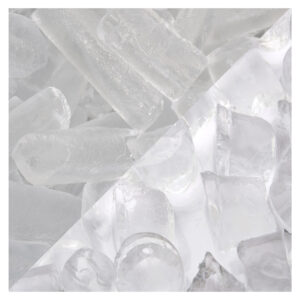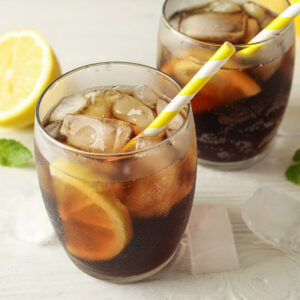The dirty truth about ice cubes

Ask yourself the question, how clean is the ice in your glass?
If you are not careful, your drink has a lot of dangerous bacteria, no matter where the ice was made, whether in a pub, restaurant, ice factory, or your own home. You may think that micro-organisms do not survive in the icy conditions of freezers, but the truth is quite different and this is backed up by years of research by scientists around the world freezing bacteria and studying their survival rates. Researchers emphasise that we cannot kill 100% of potentially dangerous bacteria found in food, such as Listeria, E. coli, Salmonella, and Noroviruses, no matter how long they remain frozen. In 2013, Norovirus found in contaminated ice cubes on a golf course in Phoenix made 80 people sick and one of them died. His death was caused by choking and not directly by the bacteria, but he would not have had any ailments if he had not consumed the contaminated ice... Bacteria, such as this one or Listeria, are resistant to sub-zero temperatures due to their robustness. If ingested, they cause fever, chills, headaches and dizziness, vomiting, and diarrhoea. In pregnant women, the elderly, and those with compromised immunity, the complaints may be more severe. Similar effects are observed for other bacteria, e.g., coliforms. They can cause very serious infections if they get into the urinary tract or, in extreme cases, cause meningitis.
Sources:
https://www.realtor.com/advice/home-improvement/dirty-truth-about-ice-cubes/
http://www.nbcnews.com/id/13775964/ns/dateline_nbc/t/dirty-ice-can-make-you-sick/#.XGfdmS16NE4
http://www.safeice.org/in-the-news.html

Certified cubed ice makes a difference
What are the main differences between industrially produced and home-made ice, explains Piotr Lewiński, food technologist.
Retail ice cubes
We are in the third decade of the 21st century now, but just a few years ago none of us would have thought that ice cubes would be an indispensable product for cooling drinks on hot days and that they would be available in every grocery shop or petrol station.

Can adding ice to a drink be harmful to health?
Many publications claim that adding ice to drinks, which makes them very cold, can irritate the throat and vocal cords, especially in hot weather. And this is undoubtedly true. Warm drinks are better in this aspect as they do not contribute to such complaints and have a much better effect on the digestive system. We all know this but still use ice cubes and will use them in future.
But you can make a choice and use the ice that is safe and will not cause any problems, such as digestive complaints.

Stowarzyszenie Producentów i Operatorów Certyfikowanego Lodu Spożywczego, (Association of producers and operators of certified food ice) KRS [National Court Register] No. 0000784552, REGON [National Official Business Register] No. 383424111, NIP [VAT] No. 7010927104 00-630 WARSZAWA, ul. POLNA 24/7

